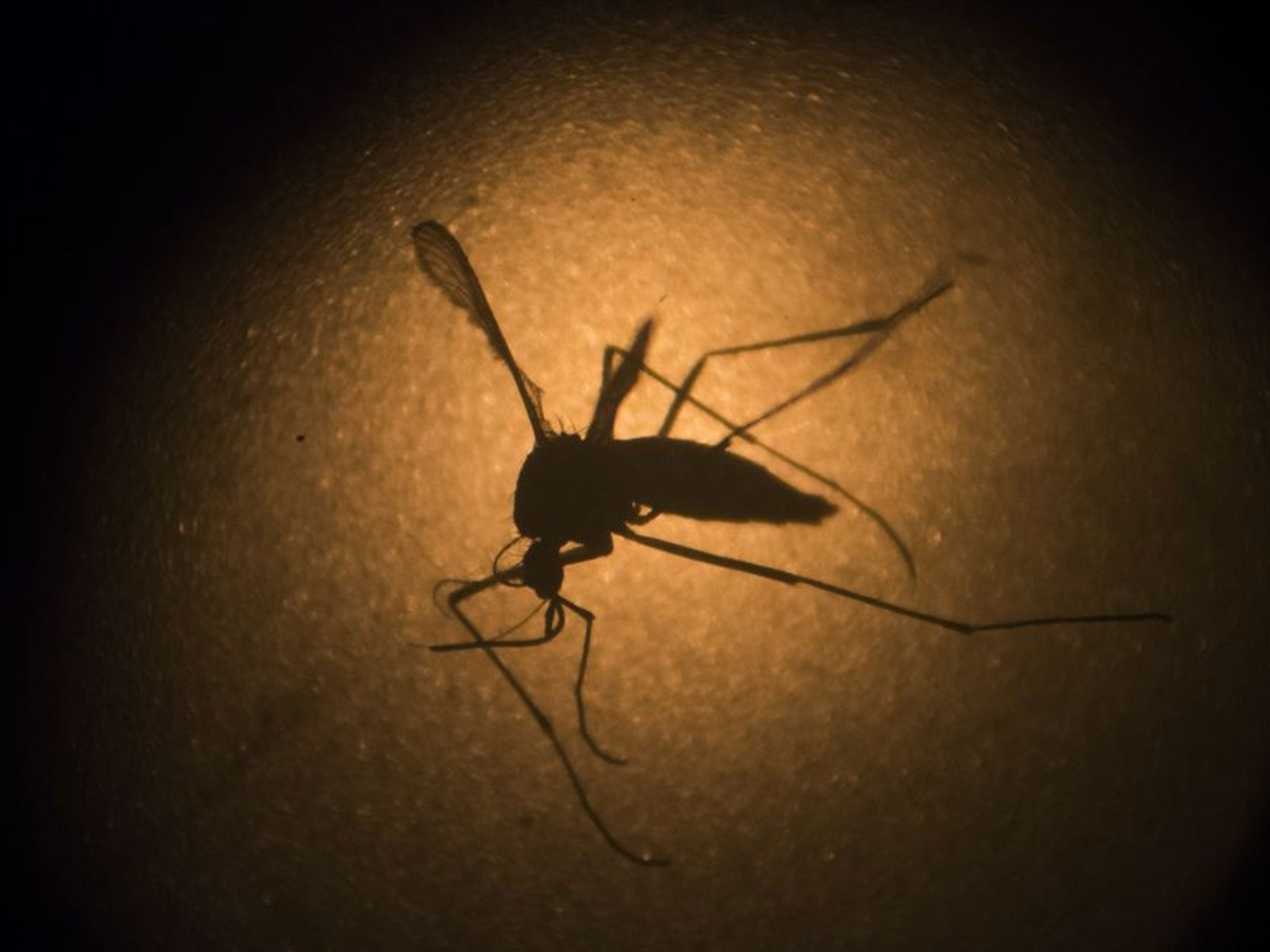Zika: Vaccine for virus 'could be ready for trials in months'
The virus has been linked to brain damage in babies

A vaccine for Zika could be tested in humans in a matter of months, according to researchers.
Scientists have been racing to find a vaccine and cure for Zika, which has affected more than 1million people in Brazil since 2014 and has also been reported in smaller numbers in other countries in recent months.
While it causes a relatively mild fever in most people, it has been linked to microcephaly, which can cause brain damage in unborn babies.
On Friday, Brazil’s Health Ministry received reports of 5,909 cases of Microcephaly since October, 641 of which had been confirmed.
Researchers now believe they may a step closer to rolling out a vaccine for the virus.
Dr Anthony Fauci, director of the US National Institute of Allergy and Infectious Diseases, said that a DNA ZIka vaccine could be ready for human trial in the States by September.
He said that the vaccine will not be available for distribution, but can be tested for safety by September 2016, BBC News reported.
The Zika virus - in pictures
Show all 5However, the trial is in the slow, phase 1 process, and researchers may experience difficulties if the outbreak slows and a big enough cohort of people to confirm how effective the vaccine is becomes less available.
Dr Barney Graham, deputy director of the National Institute of Health Vaccine Research Center, told the broadcaster that not a lot is known about Zika, and scientists will rely on knowledge of other types of flaviviruses.
He added that vaccines are “not made quickly”, and that some viruses do not have vaccines despite being identified 80 years ago.
As politicians, researchers and health officials across the world attempt to combat the virus, Google’s holding company Alphabet has also announced that it will help.The tech giant is working with Unicef to write algorithms to pinpoint where the Aedes aegypti mosquito, which spreads the virus will be active, as part of eradication efforts.
Additional reporting by AP
Subscribe to Independent Premium to bookmark this article
Want to bookmark your favourite articles and stories to read or reference later? Start your Independent Premium subscription today.

Join our commenting forum
Join thought-provoking conversations, follow other Independent readers and see their replies